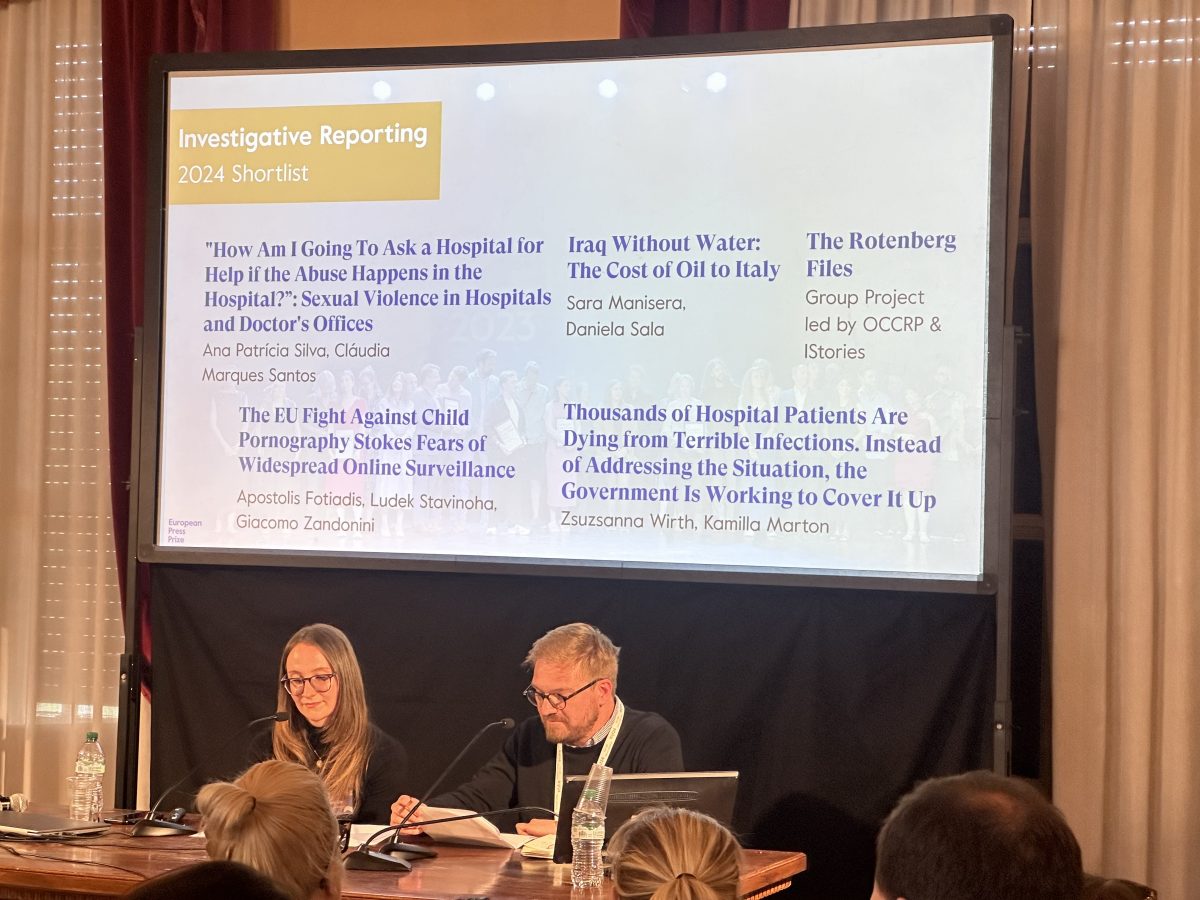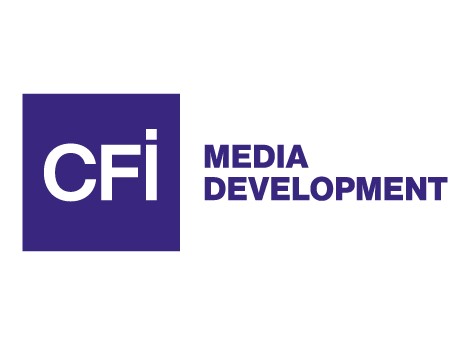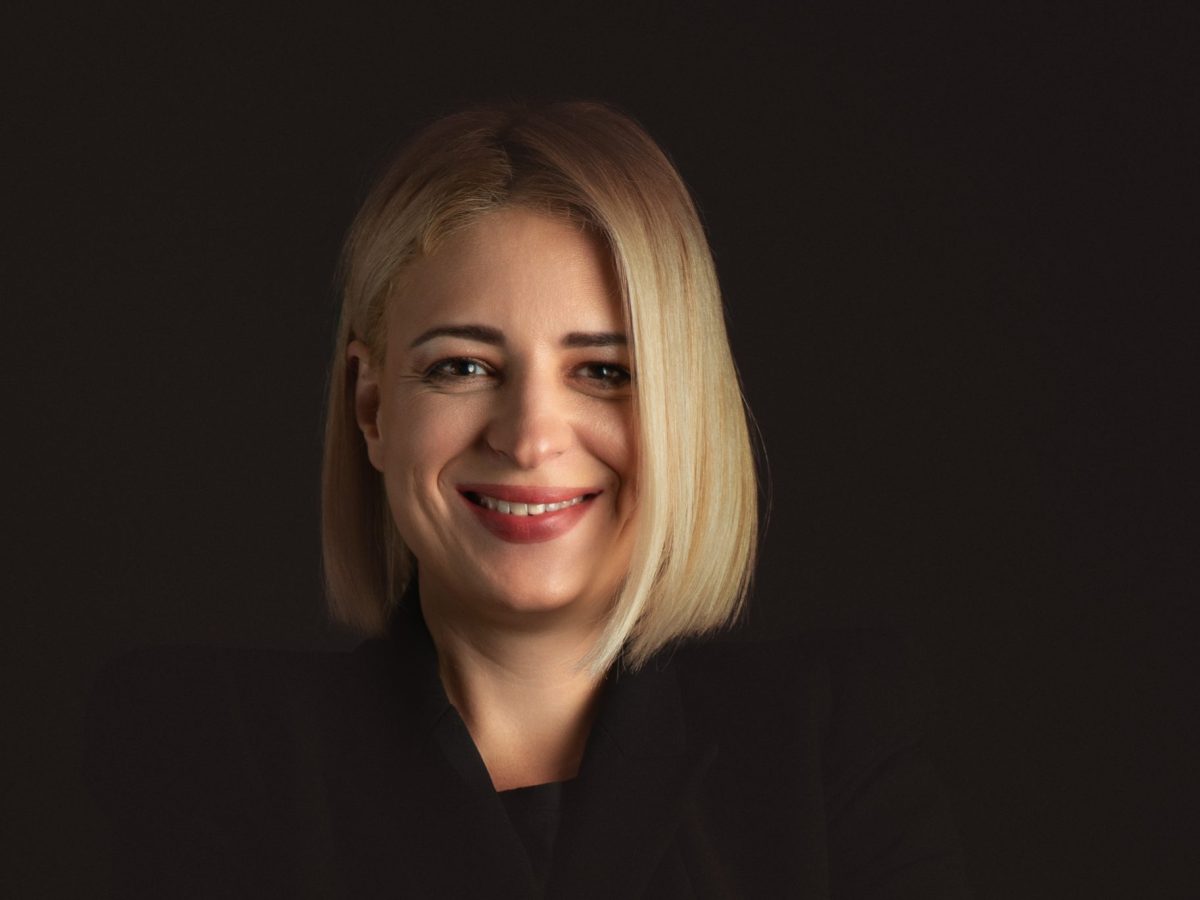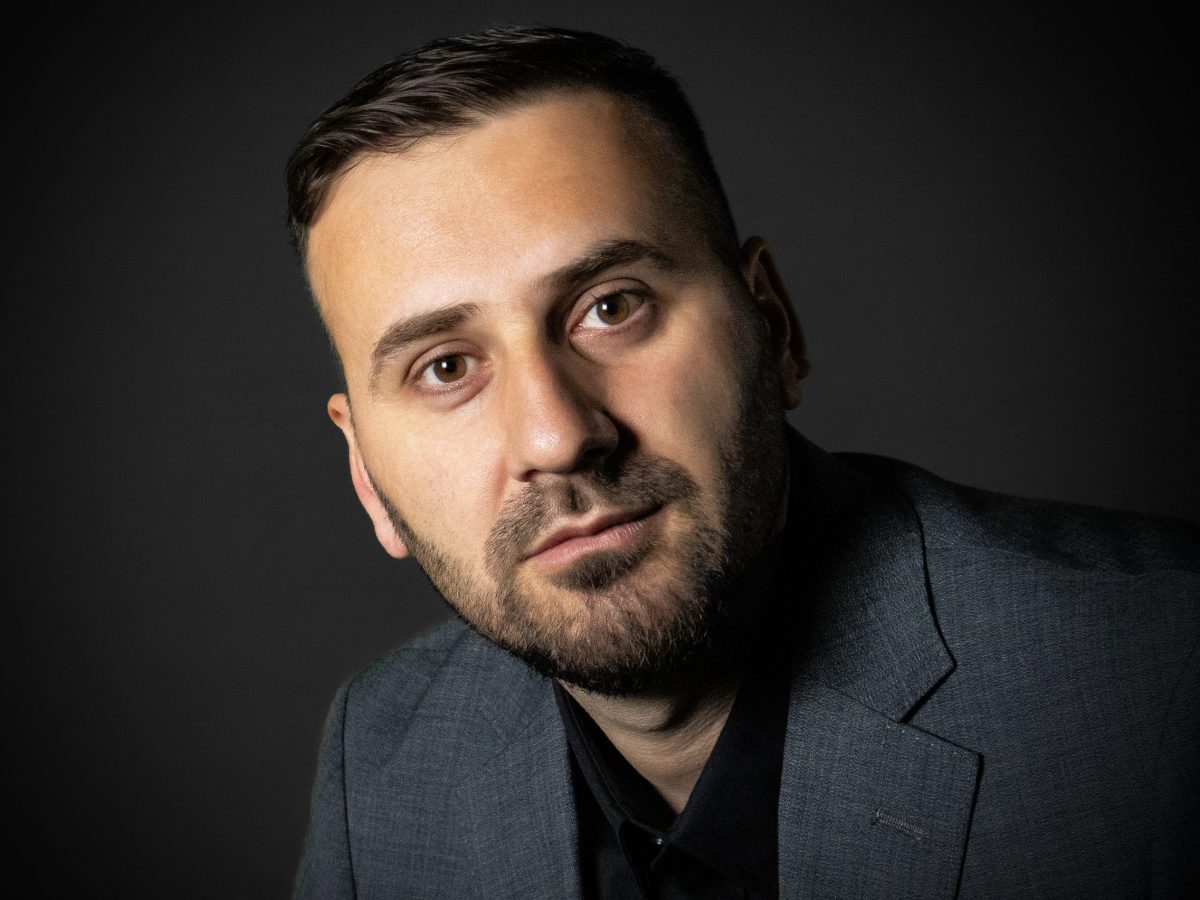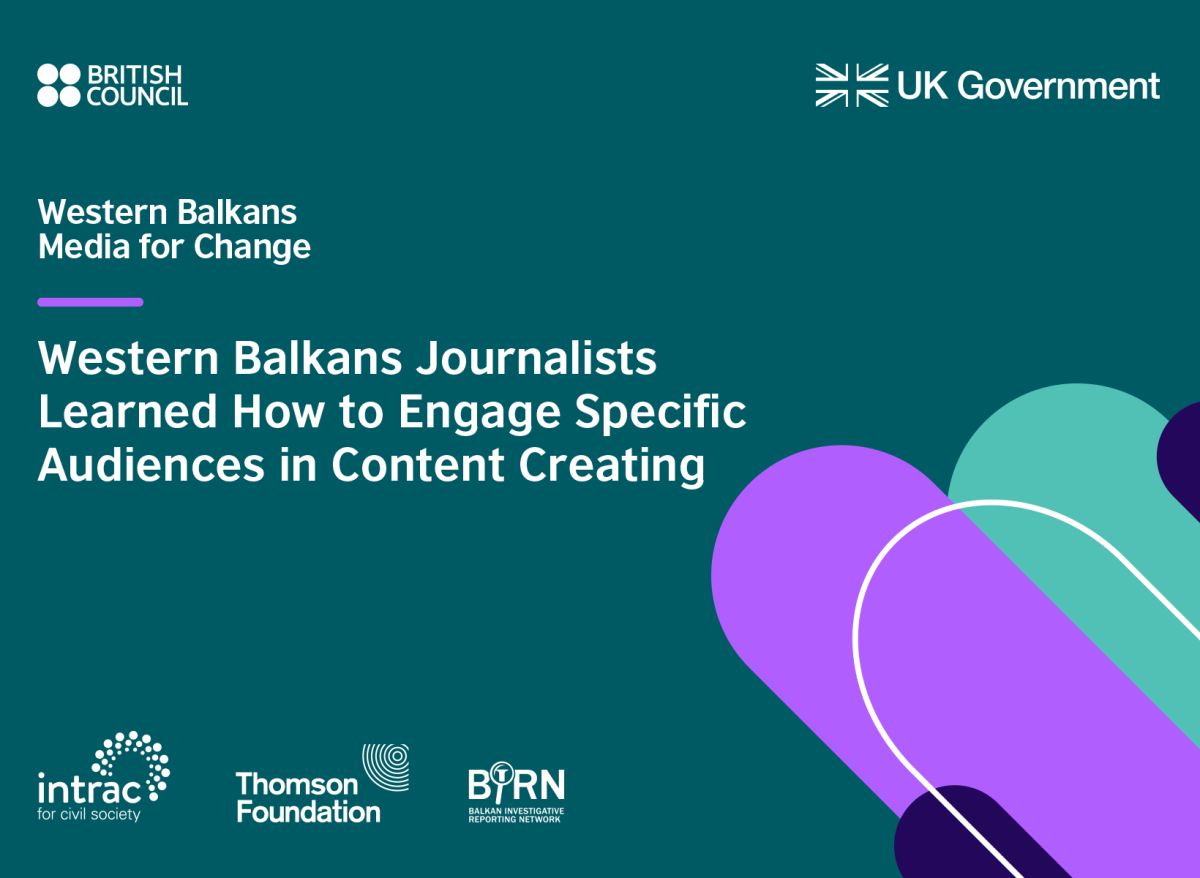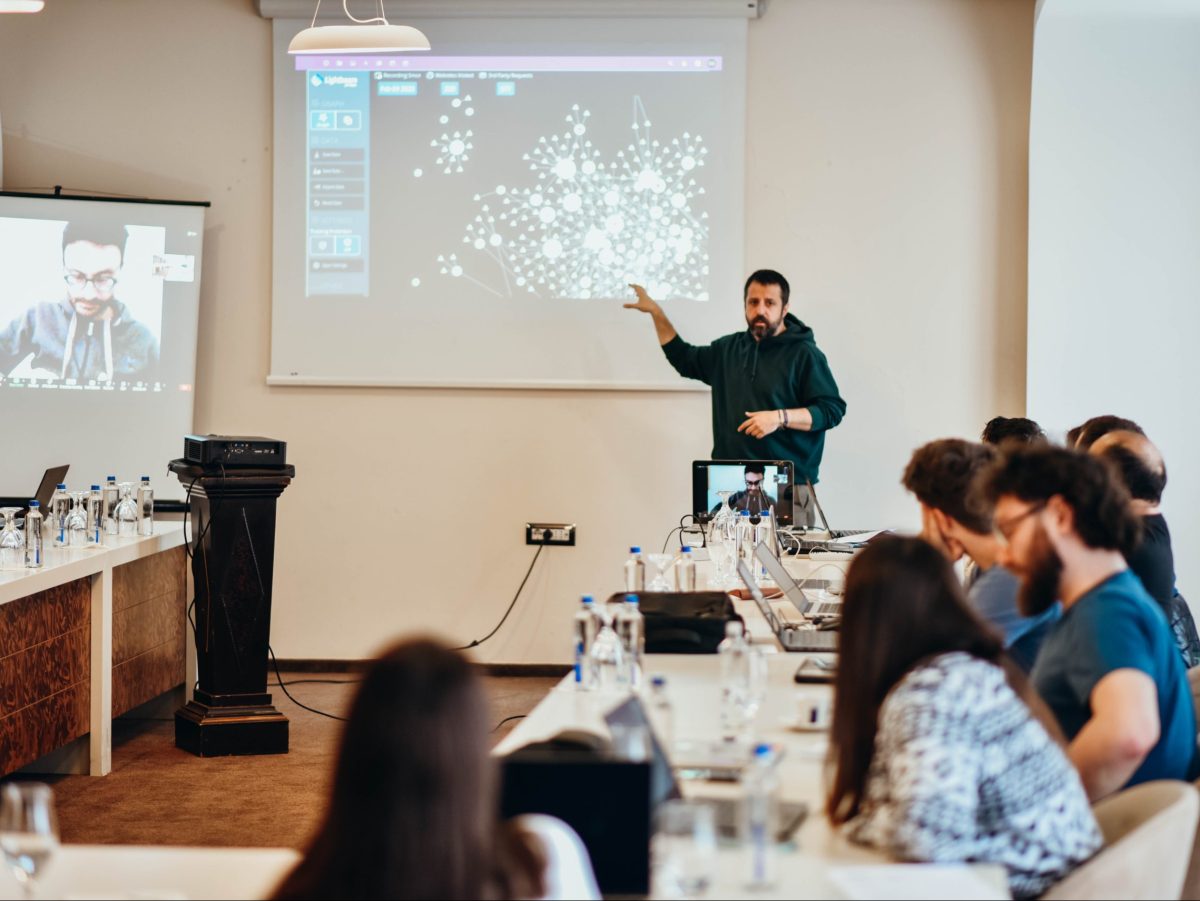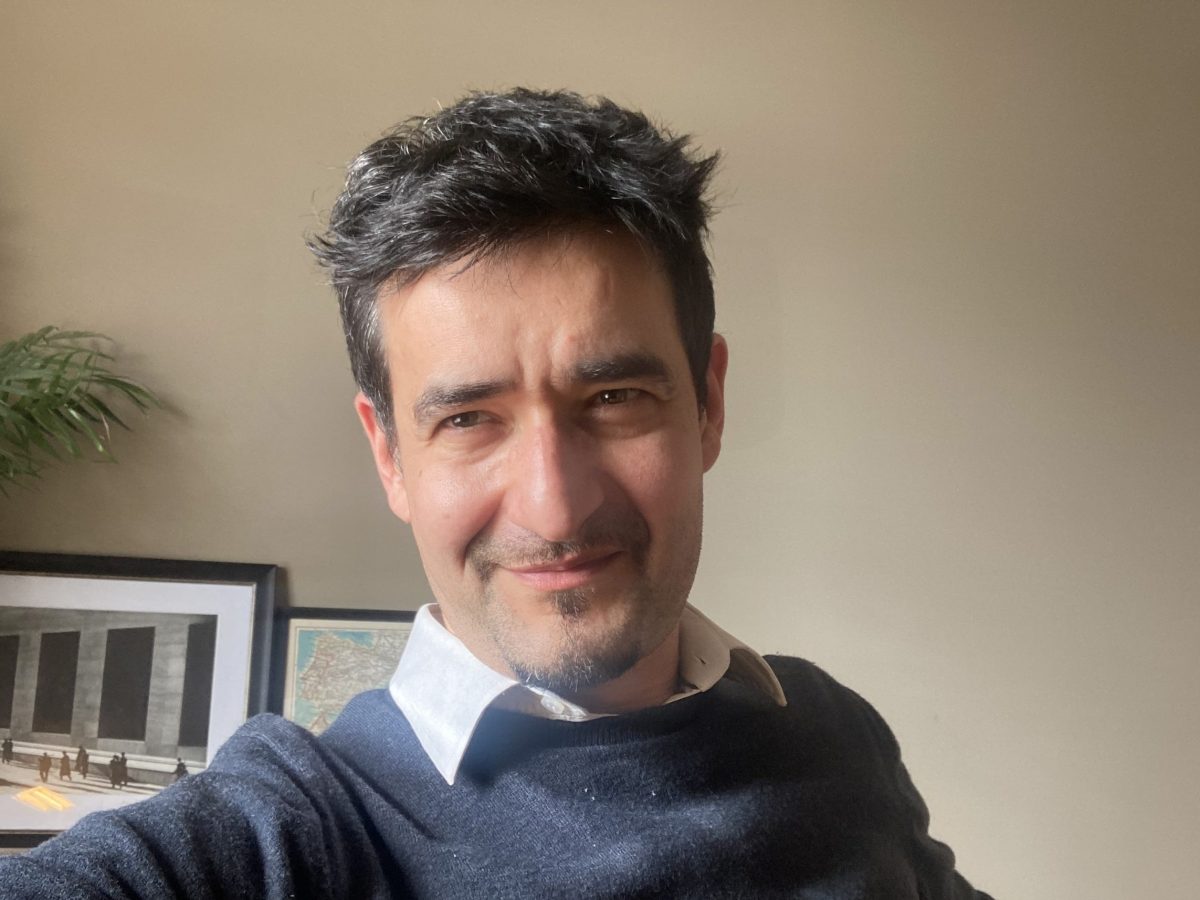“Who Benefits?’ Inside the EU’s Fight over Scanning for Child Sex Content”, a BIRN investigation, is among 25 stories nominated for the European Press Prize 2024. The nomination was announced on April 19 in Perugia, Italy, during the International Journalism Festival (IJF).
An investigation published on Balkan Insight by BIRN’S investigative editor Apostolis Fotiadis, journalist Giacomo Zandonini and an associate professor in media and international development at the University of East Anglia, Luděk Stavinoha, gained a nomination in the Investigative Reporting Award category.
This investigation uncovers a web of influence in the powerful coalition aligned behind the European Commission’s proposal to scan for child sexual abuse material online, a proposal that experts say puts rights at risk and will introduce new vulnerabilities by undermining encryption.
It was one of the BIRN’s investigations that was most widely republished and cited across Europe – by Le Monde (France), El Diario (Spain), Solomon (Greece), Die Zeit (Germany), De Groene Amsterdammer (the Netherlands), Netzpolitik (Germany), IrpiMedia (Italy), and Domani (Italy), amongst others.
After BIRN published the investigation, the main political groups of the EU Parliament agreed on the draft law to prevent the dissemination of online child sexual abuse material (CSAM). Europol’s in-house research and development centre, the Innovation Hub, has already started working towards an AI-powered tool to classify child sexual abuse images and videos.
This year marks the 12th edition of the European Press Prize – the Awards for excellence in European journalism. The prize received almost 800 submissions from over 40 European countries. More than half of the 25 shortlisted projects tackle the lingering trauma of abuse, the PTSD of war, and the challenges Europe faces addressing mental health issues.
“An important part of the European Press Prize’s mission is encouraging journalists to keep holding power to account by being a source of pride and validation.
“Announcing our 2024 Shortlist at one of the biggest journalistic events in Europe fits in perfectly with that part of our mission. The IJF Perugia is a very fitting festival to celebrate the best of European journalism, together with so many journalists and media professionals – both from the Prize’s Community and beyond,” said Jennifer Athanasiou-Prins, Executive Director of the European Press Prize.
The European Press Prize is awarded yearly in five categories: Distinguished Reporting, Innovation, Investigative Reporting, Public Discourse, and Migration Journalism. The Panel of Judges also awards a Special Award to journalism that defies categories and disciplines. Each award is worth €10,000.
